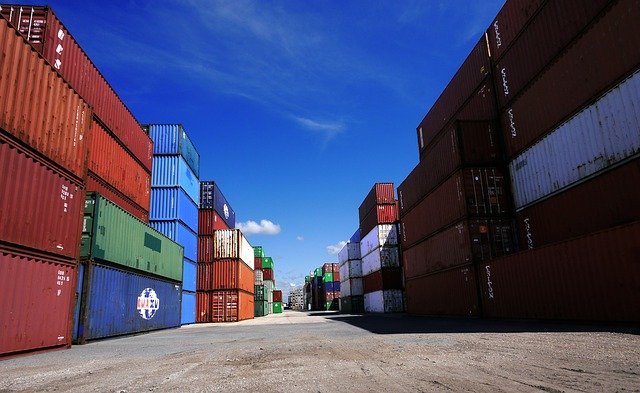
-
The Department of Trade and Industry (DTI) cut its medium-term export projections from the US$130 billion target by 2022 to $103.9 billion
-
Travel goods, garments, and wood-based industries hit hardest by COVID-19 restrictions
-
Goods and services exports for 2020 seen to shrink by 14.7% before growing by 12.4% in 2021 and by 14.8% in 2022
-
DTI believes four industries will post positive growth rates by the end of 2020: vehicle auto parts, other minerals, other fruits and vegetables, and basketwork
The Department of Trade and Industry (DTI) has adjusted its medium-term export projections in the Philippine Export Development Plan (PEDP) 2018-2022 from the original US$130 billion target by 2022 to $103.9 billion.
“Given that the COVID-19 disrupted several business models, it will be difficult to go achieve our pre-pandemic targets. Hence, we had to adjust our projections based also on the various inputs from industry stakeholders,” Trade Secretary Ramon Lopez said in a statement.
The DTI chief earlier said the PEDP is undergoing its periodic review and the agency has “proposed revisions aligned with the pandemic effects and impact to our economy.”
READ: PH export plan to be revisited amid pandemic’s economic impact
Lopez said travel goods, garments, and wood-based industries were hit the most by the weak global demand and a decrease in production due to COVID-19 restrictions.
According to Lopez, “The new projection can also be viewed as a fighting target for DTI, given the challenges of the pandemic and the emergence of new strains, and given that this is higher than the $86 billion set by the Development Budget Coordination Committee (DBCC).”
DBCC, in its latest macroeconomic assumptions, forecast that goods exports will contract by 16% this year but should expand 5% by 2021 and 2022.
READ: PH economy to contract by up to 9.5% in 2020
Lopez is also optimistic that new investments and the build-up of export capacities will be realized with the expected immediate passage of the Corporate Recovery and Tax Incentives for Enterprises (CREATE) Act and the extension of Republic Act No. 11494 or the We Recover As One Act. Both laws are seen to impact the country’s export recovery in the next few years.
According to DTI forecasts, goods and services exports for 2020 will shrink by 14.7% to $80.5 billion. Exports will then grow by 12.4% to $90.5 billion in 2021 and by 14.8% to $103.9 billion in 2022.
Lopez had asked the DTI-Export Marketing Bureau (DTI-EMB) to review the targets given the drastic change in the global business environment.
According to the Semiconductor and Electronics Industries in the Philippines, Inc., electronic products group, which consistently comprises more than half of Philippine exports, is forecast to see a 7% decline for 2020 and a 7% growth in 2021. A majority of these electronics exports are semiconductors.
Philippine services exports projections, meanwhile, were based on market intelligence forecasts of 17.1% in 2020, 11.0% in 2021, and 14.8% in 2022. The Information Technology and Business Process Association of the Philippines’ (ITBPAP) assumptions of 0.5% decline for 2020 and 3.5% growth in 2021 were also taken into account.
DTI said service exports will be lifted by ITBPAP’s growth forecast, as well as continued growth in health information management, content development, the creatives industry, and the expected recovery in travel-related goods and services sectors due to vaccines being made available in the next two years.
For 2020, DTI found that four industries will have positive growth rates by the end of the year. These are vehicle auto parts (15.4%), other minerals—mostly copper and nickel ore (29.9%), other fruits and vegetables (8.6%), and basketwork (28.3%).
Lopez said DTI will focus on supporting the growth of winning industries with greater opportunities. These industries include high-value electronics, automotive and e-vehicles parts, processed food, minerals, other minerals, information technology-business process management, and creatives.
DTI-EMB will also meet with stakeholders to refine sectoral targets and strategies.
“A whole-of-nation approach and a stronger support to the private manufacturing and services industries and academe collaboration are needed to work on achieving the fighting targets set,” Lopez said.




